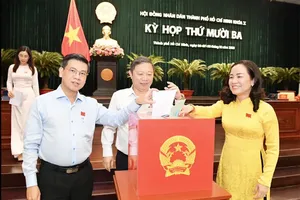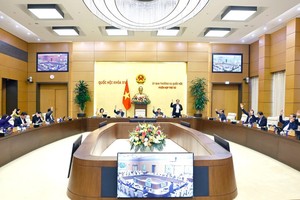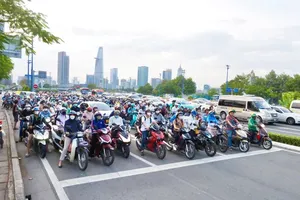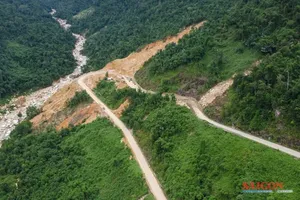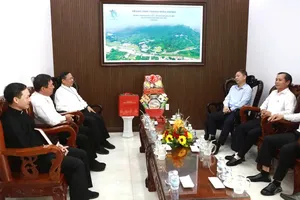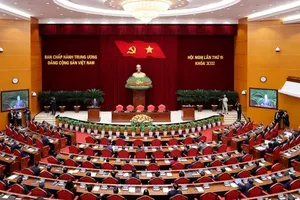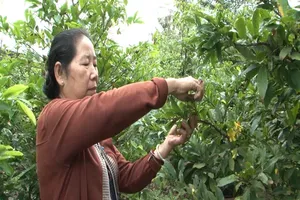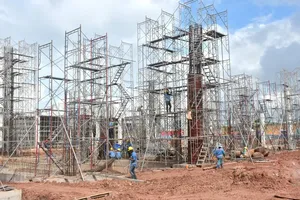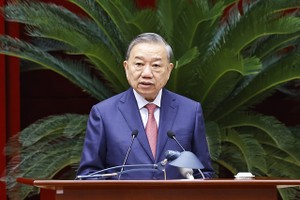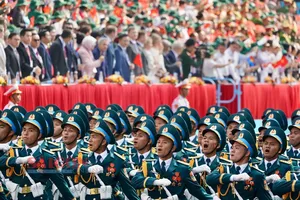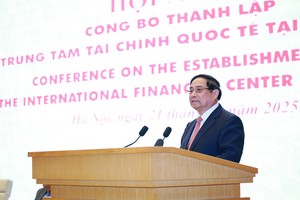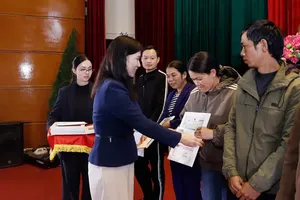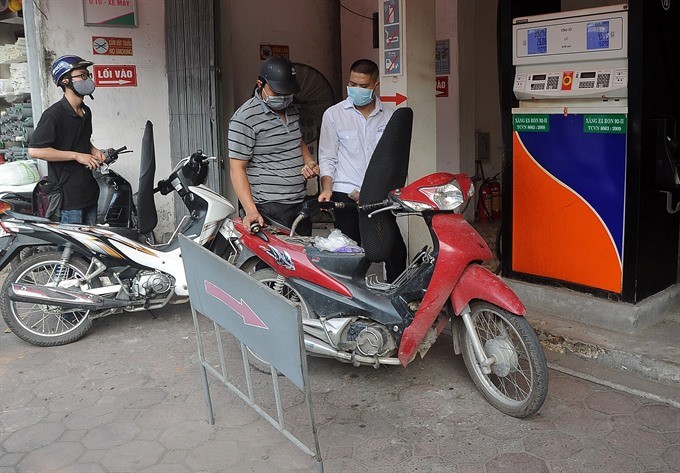
The NA Standing Committee on Wednesday discussed on amendments and supplements to several articles of the Law on Environmental Protection Tax.
Previously, the ministry proposed an environment tax of VND4,000-8,000 per litre of gasoline, an increase from the current VND1,000-4,000. The ministry also proposed taxes of VND3,000-6,000 per litre of aviation fuel, VND1,500-4,000 per litre of diesel oil, VND300-2,000 per litre of kerosene and VND900-4,000 per kilogramme of mazut.
NA chairwoman Nguyen Thi Kim Ngan said the Government’s current policy was to limit the increase of taxes and fees at this time to reduce businesses’ difficulties.
Ngan said the maximum tax level of VND4,000 per litre has not been applied to petrol. Therefore, the proposal should be carefully considered.
NA vice chairman Phung Quoc Hien said the explanation of Finance Minister Dinh Tien Dung was not convincing.
After examining the amended law, the NA’s Finance and Budget Committee said that although Vietnam’s tax rate is low relative to other countries, international comparisons were not appropriate due to the lower level of Vietnamese incomes. Petrol, the committee said, already accounts for a relatively high portion of Vietnamese people’s incomes.
The ministry has not fully explained the effects of the environmental protection tax hike on the State budget as well as on people’s quality of life.
“Data and analytics for the tax hike are not really convincing,” the NA’s report said.
In response, Minister Dung said the increased State revenue from the tax hike would be used for socio-economic tasks including environmental protection.
He added that the tax increase to VND8,000 per litre would also help improve people’s awareness of the need for environmental protection. The tax hike could prevent petrol smuggling.
He also said the Law on Environmental Protection Tax has only focused on petrol, accounting for 93 percent of the total collection, and not mentioned other products.
He said he would ask the ministry to prepare the draft more carefully, with research on the potential effects on quality of life and business production.

